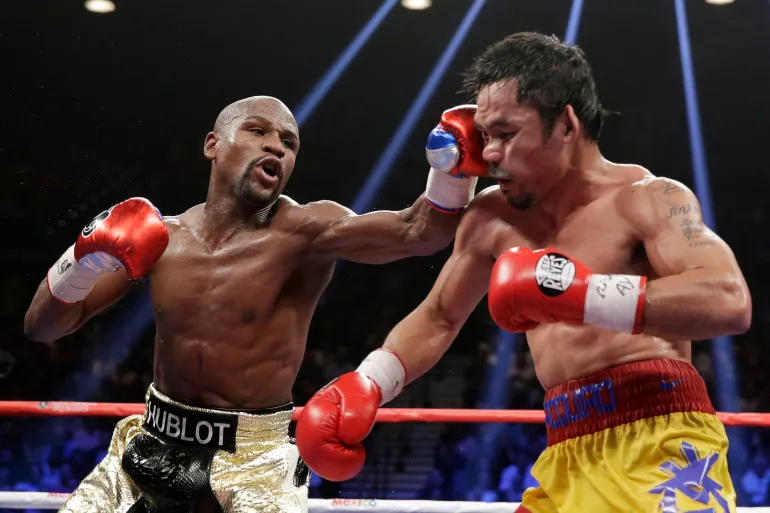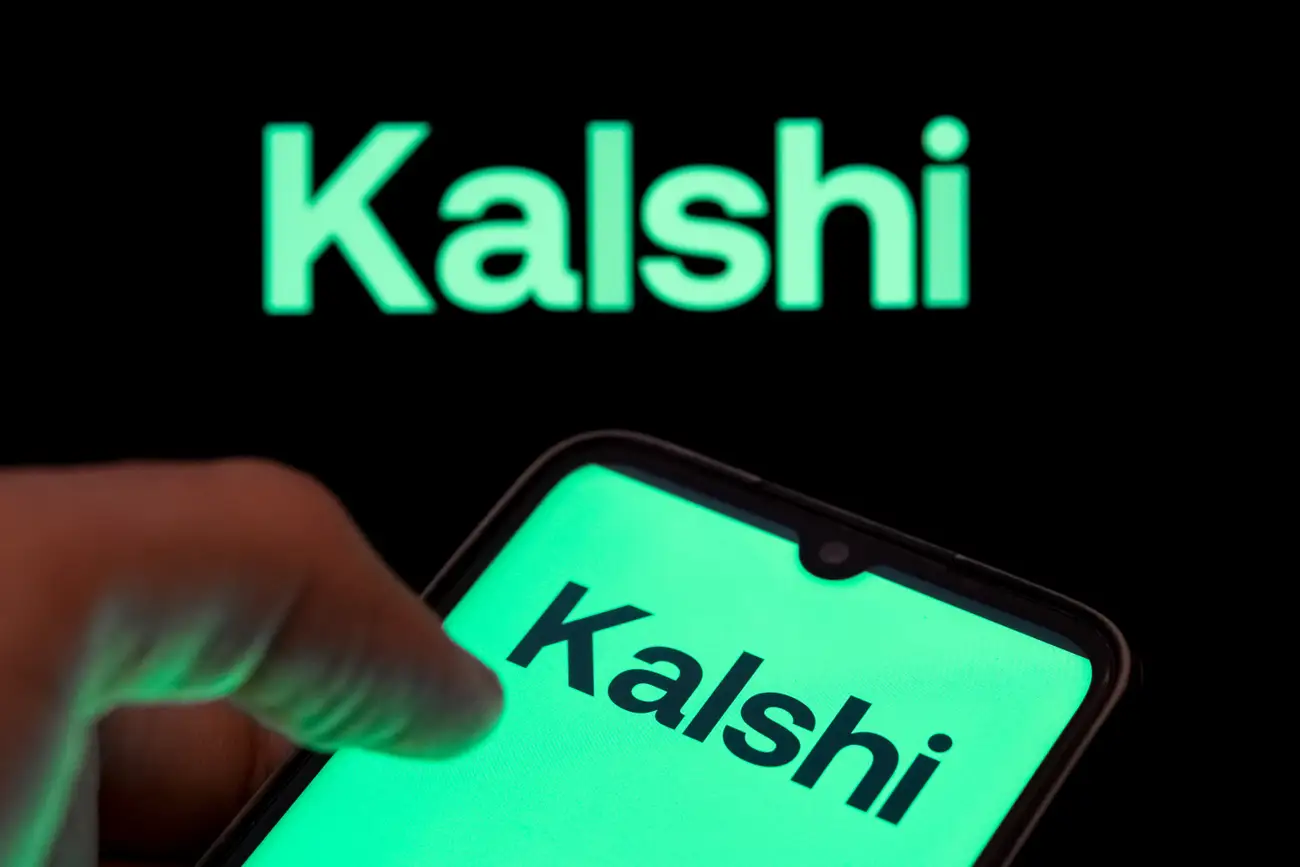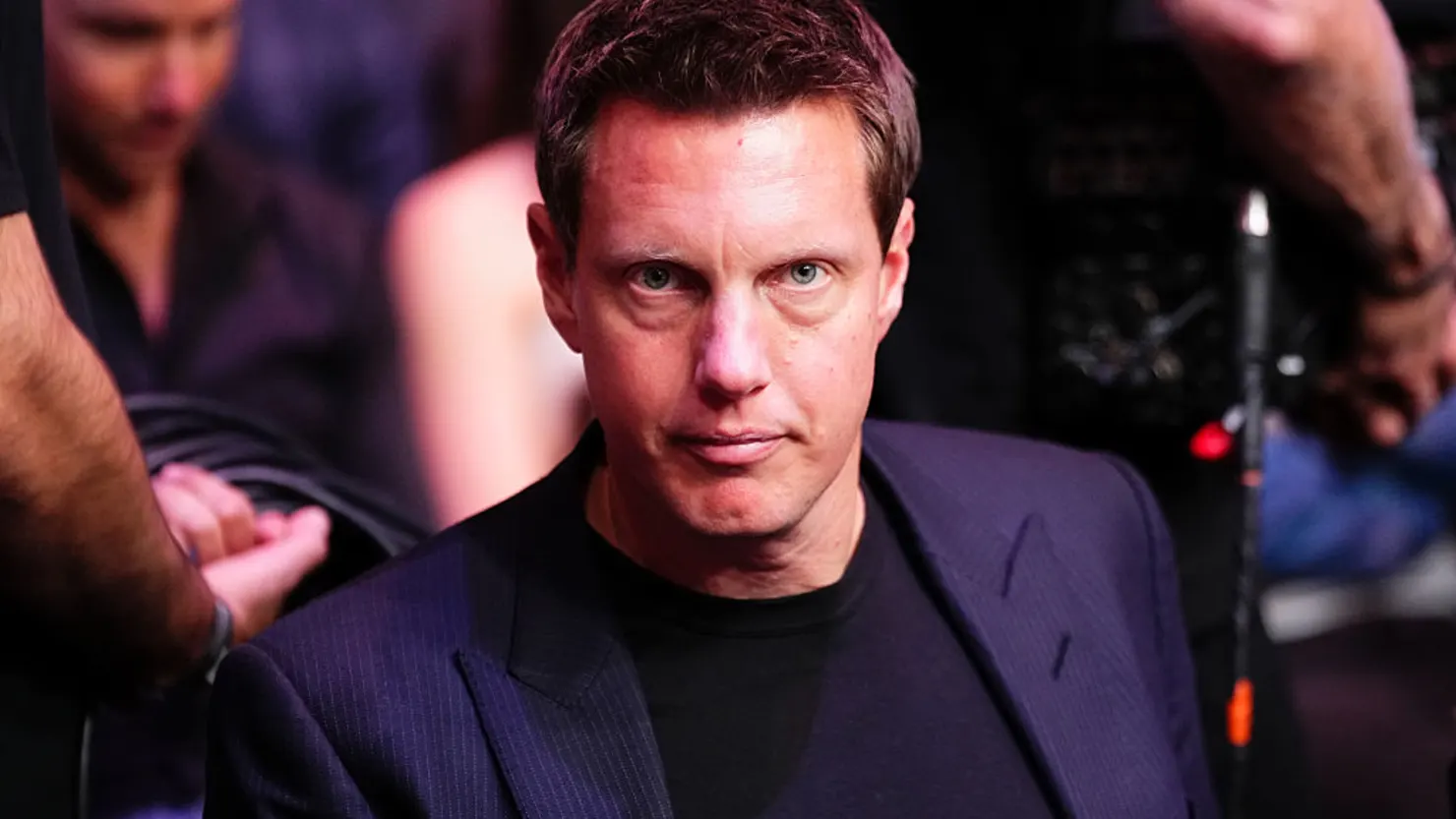EchoStar’s stock absolutely took off Tuesday — skyrocketing more than 75% — after AT&T announced it’s buying a massive chunk of the company’s wireless spectrum licenses in a blockbuster $23 billion all-cash deal.
The purchase gives AT&T around 50 megahertz of spectrum across more than 400 US markets, a big boost for its 5G and home internet services. The deal, still pending regulatory approval, is expected to close in mid-2026.
For EchoStar, the sale isn’t just about cashing in. It also helps the company deal with an ongoing FCC investigation into whether it was sitting on valuable spectrum instead of building out a network. That probe was fueled by none other than Elon Musk’s SpaceX, which accused EchoStar of leaving mid-band spectrum “chronically underused.”
“This spectrum sale to AT&T and hybrid MNO agreement are critical steps toward resolving the FCC’s spectrum utilization concerns,” EchoStar chairman Charlie Ergen said.
Alongside the spectrum sale, EchoStar will also keep running Boost Mobile but now as a hybrid mobile network operator, piggybacking on AT&T’s network — making Boost a stronger competitor against the Big Three (AT&T, Verizon, T-Mobile).
AT&T CEO John Stankey called the move a “win all the way around.”
“It’s a fantastic opportunity to put together more services the way customers actually want them,” he told CNBC.
The Market Reaction:
- EchoStar (SATS): +77% in one day, near $53 a share.
- AT&T (T): slipped less than 1%.
- Analysts say the real losers could be cable companies like Comcast and Charter, as AT&T leans harder into fixed wireless broadband.
EchoStar has been under huge financial and regulatory pressure. The company, saddled with debt, even flirted with bankruptcy last year before merging with Dish Network. Regulators had questioned whether EchoStar was serious about its 5G ambitions — and SpaceX was circling.
Now, AT&T gets the spectrum it needs to beef up its wireless + fiber bundle strategy, EchoStar gets billions in cash and regulatory cover, and Boost Mobile gets new life.
As analyst Craig Moffett put it:
“Under other circumstances this deal might’ve faced regulatory uncertainty. But the FCC has already signaled this is the outcome it wants.”
Axios, the Financial Times, CNBC, Investor’s Business Daily contributed to this report.










The latest news in your social feeds
Subscribe to our social media platforms to stay tuned